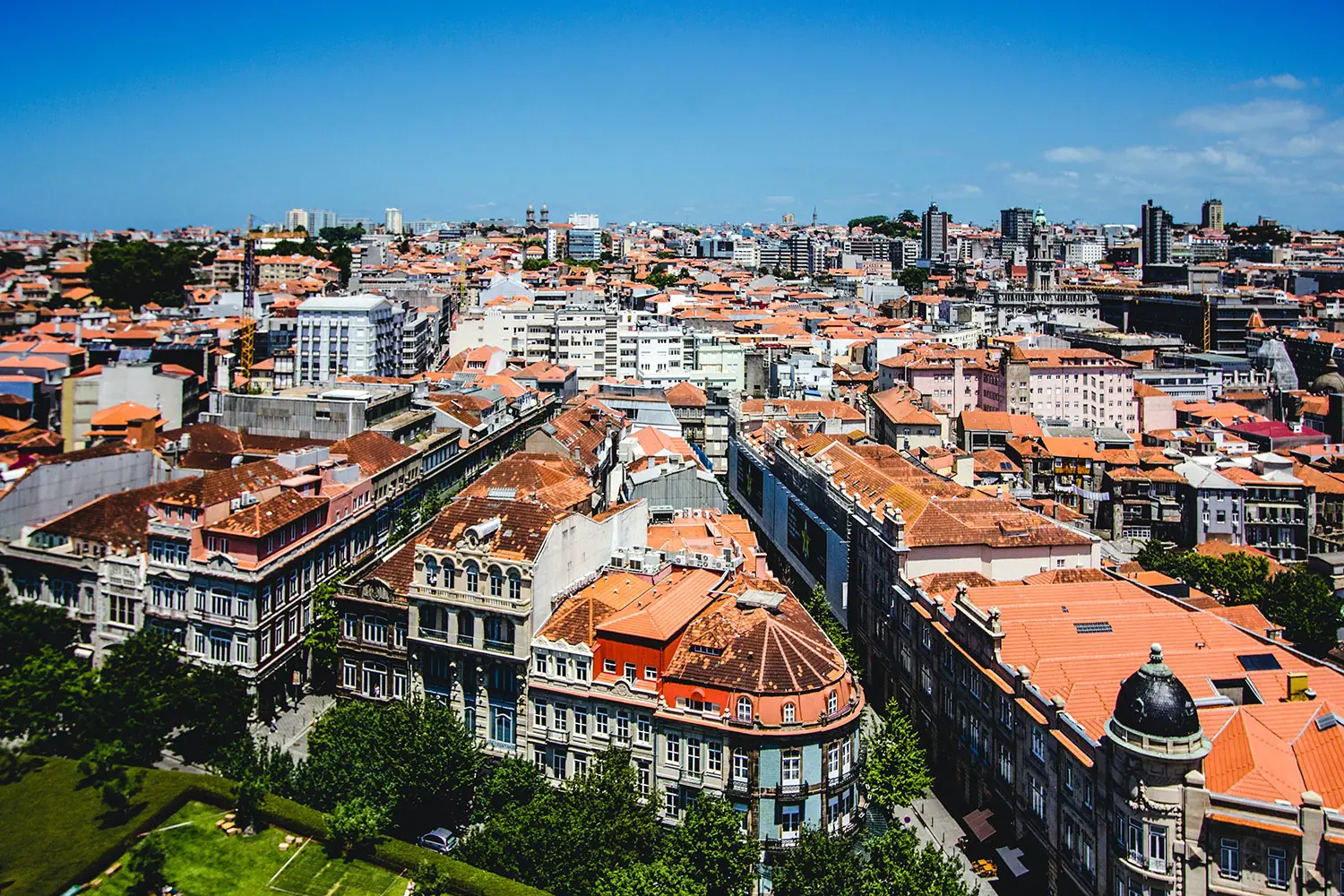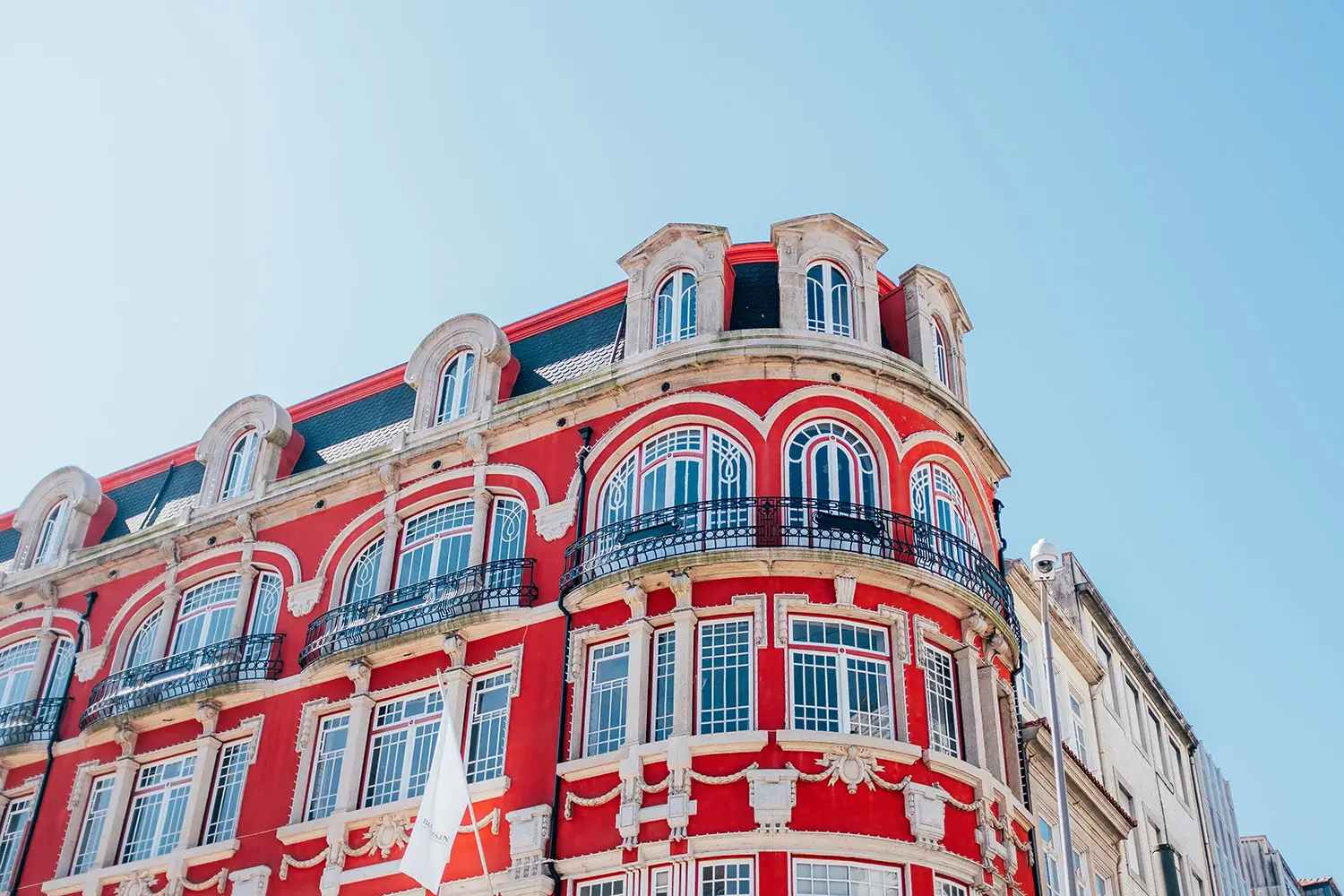The Pandemic's Impact on Property Value
Over the last month, TOTE SER documented the impacts of the pandemic on the real estate market. Among many ups and downs, emerging markets and opportunities, associated risks and a plethora of new trends, it is fair to say real estate has resulted on mixed opinions across all ranges of investment. But there's still one thing left to talk about: prices. How were they affected? How is the market behaving throughout the country? What do investors say about this uncertainty? On this week we conducted an investigation on this matter, trying to provide our readers a clear sight on the market and therefore showing what the situation is.
Portugal's real estate contrast is rather high, meaning districts such as Lisbon and Porto record numbers that are considerably different than the rest of the country. According to Imovirtual, one of the top leading real estate listing websites, an article released this month revealed that the average price of properties for sale in Portugal was 359.497€ in May 2020, having fallen -0,8% in the previous month. This is particularly interesting since the perceived drop in the midst of the pandemic was a lot higher. The district that recorded the highest growth was Vila Real (4%), equaling an average property price of 182.160€, however, it is far from being one of the most expensive locations to buy a property - that place is reserved for Lisbon, with an average of 592.709€. Lisbon as well suffered a 0,7% decrease from the previous month.

Oporto's photo by Homero Lacerda in Unsplash
The study also concluded that Lisbon was the second district with the highest average price variation of announced properties, having registered a percentage increase of 18%, from 502,033€ in May 2019 to 592,709€ in May 2020. Lisbon has proved to be the most expensive district to buy a house in over a year, while Castelo Branco remains the cheapest district to buy a property.
Now, take these numbers with a grain of salt - despite coming from a trustworthy source, TOTE SER has experienced a rather different picture than the one documented by Imovirtual. Having apartments throughout many areas in Lisbon, we noticed a big drop in demand for rental properties. This is self explanatory since both traditional tourism and residential tourism is at an all time low, however, to combat the impacts of this, prices have had to be decreased signifficantly. TOTE SER, like many other real estate firms, have all felt the same thing, which just goes to show that the optmistic stats of Imovirtual might not be that accurate in the end.

Photo by Ricardo Resende in Unsplash
But what about property acquisition, you ask? From our experience, prices have pretty much stayed the same, while demand has been very low. Lisbon's characteristic inflation has resulted in very slim changes to the prices, in most cases they weren't even affected. Furthermore, some other external factors are also playing a huge role - the number of bookings for this summer has showed tremendous interest from tourists to come back to Portugal, plus Lisbon has just been elected as the location of Champions League's Final. Looking at this conjecture, it is hard to believe we are actually in the midst of a pandemic.
It is hard to make account of the impacts resulted from the pandemic - both supply and demand haven't recorded any major differences. Many experts, however, believe the worst is yet to come. Since the industry is not showing any signs of slowing down, it is fair to say that the time to invest might very well be now, as the few-but-sure price drops in properties are a good opportunity to make safe and profitable flips. TOTE SER also believes there will not be a significant impact on the industry, meaning the characteristic stability associated to these markets will not be threatned.